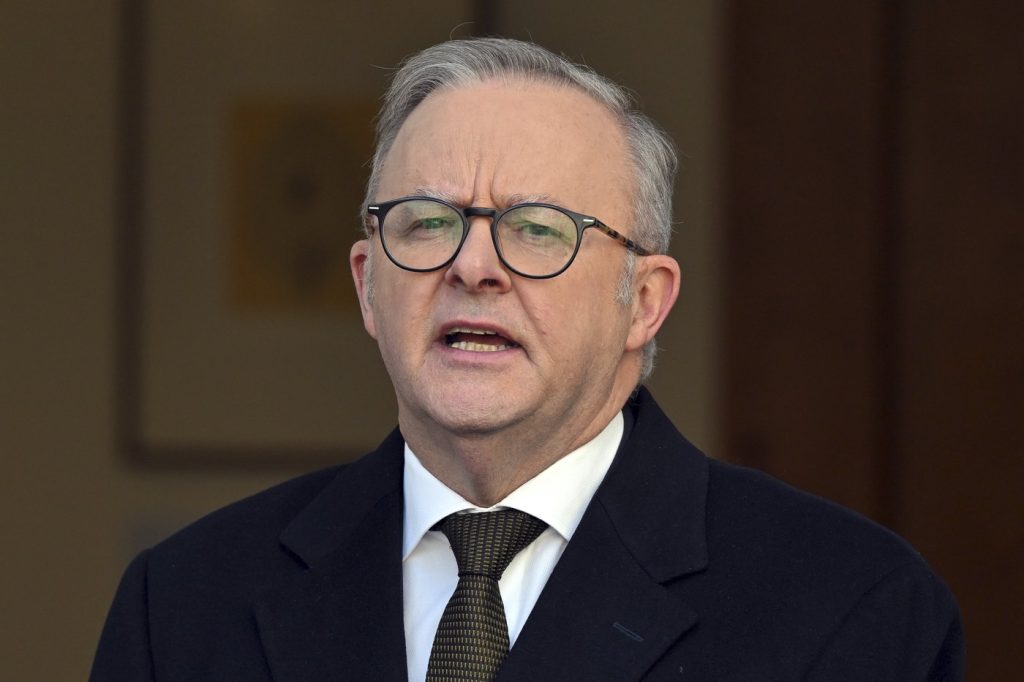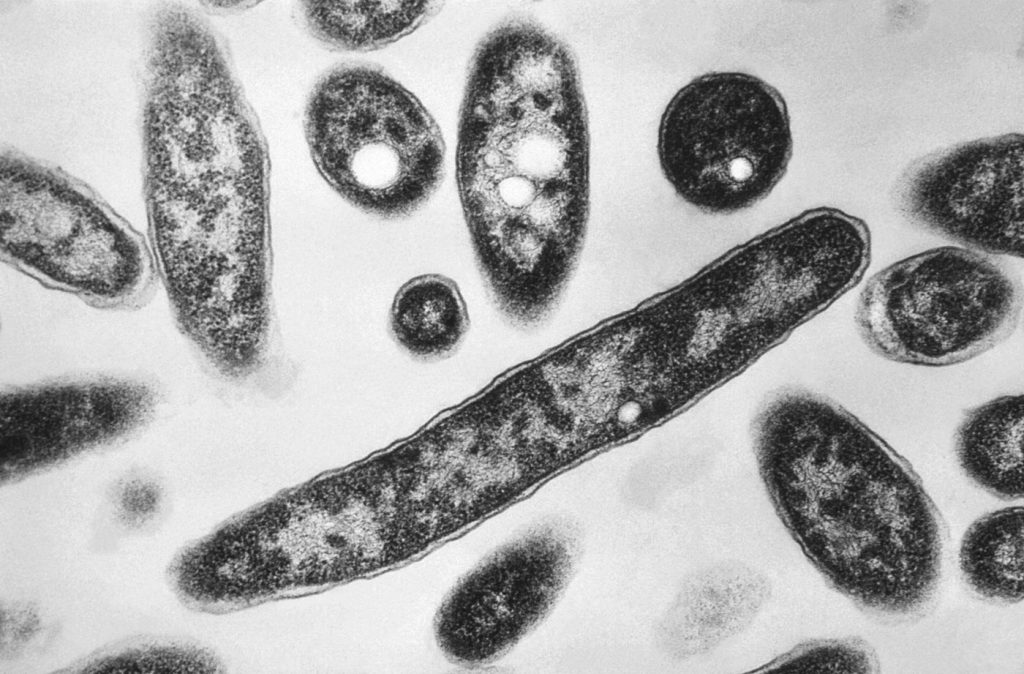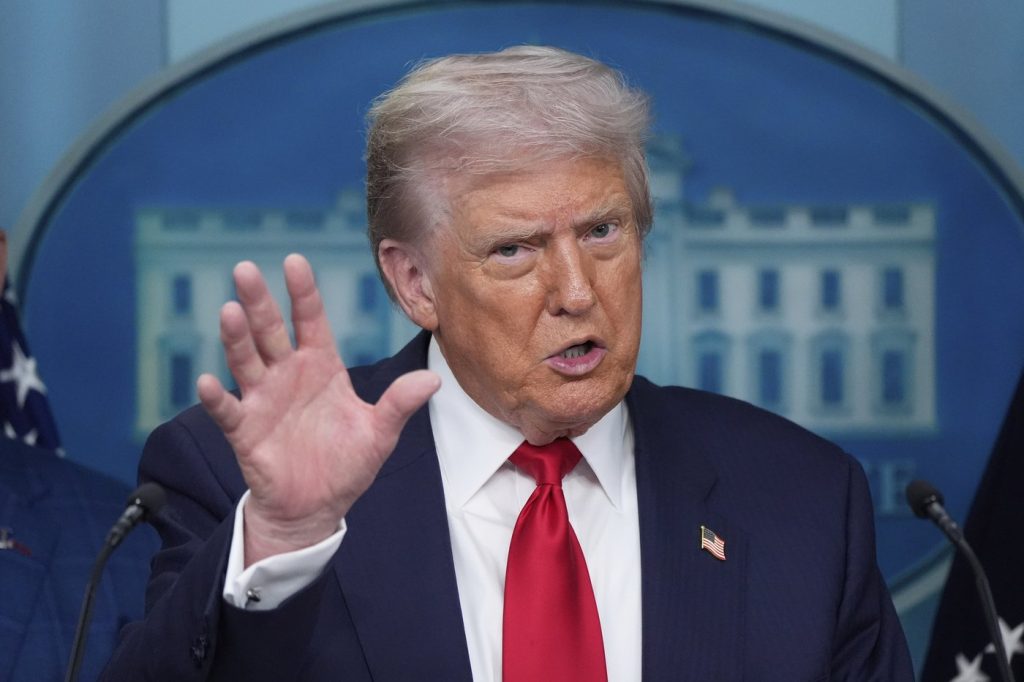WELLINGTON, New Zealand – Australia will officially recognize a Palestinian state, announced Prime Minister Anthony Albanese on Monday. This decision aligns Australia with France, Britain, and Canada, which have also indicated their intention to recognize Palestinian statehood.
The announcement comes after weeks of advocacy from members within Albanese's Cabinet and increasing pressure regarding the humanitarian crisis in Gaza. Albanese referred to the situation in Gaza as a "humanitarian catastrophe," pointing to severe suffering experienced by civilians there.
Australia’s government has expressed criticism of Israeli Prime Minister Benjamin Netanyahu's recent plans for a significant military offensive in Gaza, intensifying the ongoing humanitarian crisis. Albanese stated that Australia’s recognition of a Palestinian state would be formalized at the United Nations General Assembly in September, contingent on specific commitments from the Palestinian Authority, which include the exclusion of Hamas from a potential Palestinian government, demilitarization of Gaza, and conducting elections.
Albanese emphasized that a two-state solution remains essential for breaking the cycle of violence in the Middle East and alleviating the suffering in Gaza. He noted that the current situation in Gaza has surpassed global expectations of humanitarian need, with the Israeli government accused of violating international law by restricting necessary aid to civilians.
Netanyahu criticized Australia’s stance ahead of the announcement, calling the recognition of a Palestinian state by Australia and European countries "disappointing" and "shameful." Despite the criticisms, Albania reiterated that his government continues to classify Hamas as a terrorist organization and called for the release of Israeli hostages held by the group since attacks on October 7, 2023.
Last week, Albanese held discussions with Palestinian President Mahmoud Abbas, who governs parts of the occupied West Bank and supports a two-state solution. Abbas agreed to conditions laid out by Western leaders, including Albanese, to prepare for recognition of a Palestinian state. Albanese expressed that this recognition could pave the way for the self-determination of the Palestinian people while isolating and disarming Hamas.
Despite nearly 150 of the 193 United Nations member countries already recognizing Palestinian statehood, these announcements are largely seen as symbolic without backing from the United States, which maintains significant influence in the region. The U.S. along with other Western countries have historically delayed recognizing Palestinian statehood, insisting that it be a part of a comprehensive resolution to the Middle Eastern conflict. Israeli leaders have stated they would not accept any role for the Palestinian Authority in the governance of a future Palestinian state.
Albanese rejected notions that recognizing a Palestinian state is merely a symbolic gesture. He described it as a practical step towards building momentum for peace, clarifying that Australia is not acting in isolation but in concert with other nations, including Britain, France, New Zealand, and Japan.
In New Zealand, Foreign Minister Winston Peters indicated that the government would carefully consider its stance on recognizing a Palestinian state before making a formal decision in September. Peters highlighted that New Zealand has long signaled that it is a matter of "when, not if" regarding recognition.
Responses to Albanese's announcement have been mixed. Israel's envoy to Australia argued that recognizing a Palestinian state undermines Israel's security and elevates Hamas's standing, a group that Australia has deemed a terrorist organization. On the other hand, Nasser Mashni, president of the Australia Palestine Advocacy Network, deemed the recognition too late and ineffective amidst ongoing trade with Israel, asserting it would do little to stop the ongoing crisis in Gaza.












